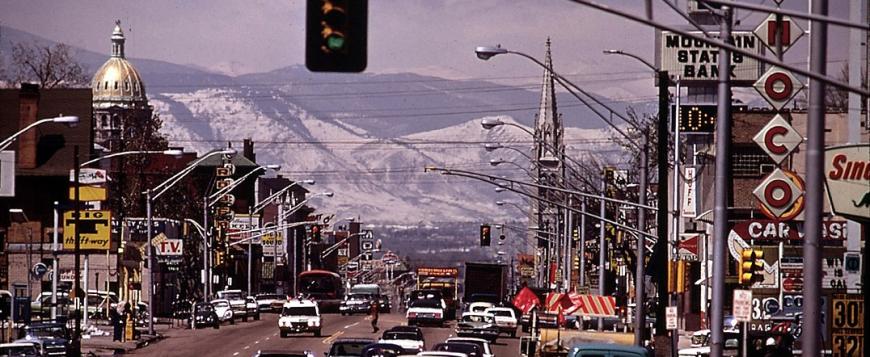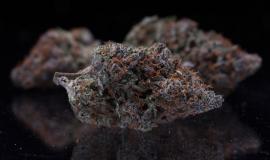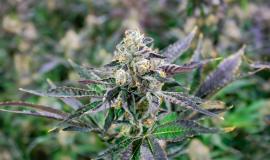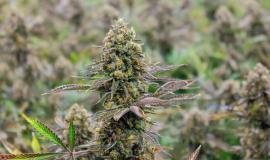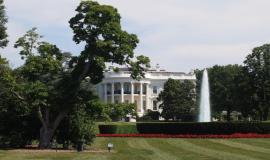The Colorful History of East Colfax - A Denver Neighborhood with a Story
Nestled in the heart of Denver, Colorado, lies the vibrant and historically rich neighborhood of East Colfax.
This area has long been an integral part of the city's development and cultural heritage. With a history dating back to the 1800s, East Colfax has evolved over the years to become a hub of community, art, and business in the Mile High City.
Silver Stem Fine Cannabis is proud to be one of the thriving businesses in the area with a dispensary at 8151 E. Colfax Ave, and we decided to take a look at the history of the neighborhood. We hope you’ll enjoy it!
The Early Days
East Colfax Avenue, named after Schuyler Colfax, the 17th Vice President of the United States, began its journey as a humble dirt road in the late 1800s. Originally serving as a transportation route for pioneers, the avenue played a key role in Denver's early growth, connecting the city to neighboring towns and states.
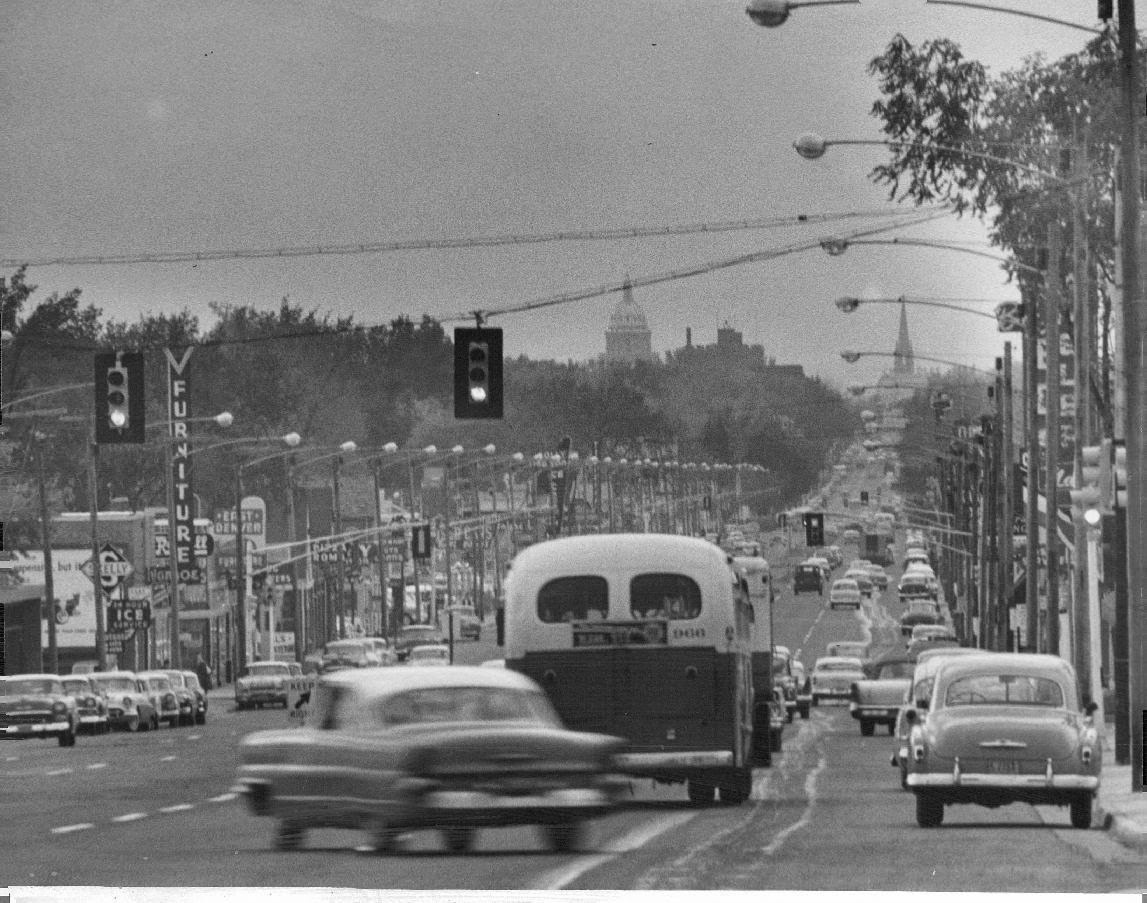
Photo colfaxavenue.org
The Trolley Era
With the advent of the electric streetcar in the early 20th century, East Colfax began to experience rapid development. The trolley system, which operated on Colfax Avenue from the 1890s until the 1950s, served as a catalyst for residential and commercial expansion along the corridor. As a result, the neighborhood saw the construction of many elegant homes and businesses, creating a bustling urban center.
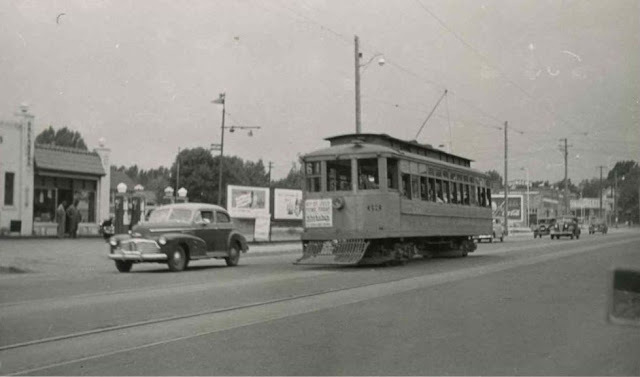
Photo colfaxavenue.org
The Golden Age
The mid-20th century marked a golden age for East Colfax. As Denver continued to grow, the neighborhood flourished. The construction of the Fitzsimons Army Medical Center, now the Anschutz Medical Campus, further fueled the area's economic boom. With a surge in automobile ownership, Colfax Avenue became a major thoroughfare, attracting tourists and residents alike with its neon-lit motels, restaurants, and theaters.
Decline and Struggles
The latter part of the 20th century saw a decline in the fortunes of East Colfax. The neighborhood faced economic challenges as businesses closed and crime rates increased. This period of struggle, however, set the stage for the community's revitalization.
Revitalization and the Present Day
In the 21st century, community members, nonprofits, and city officials have worked together to breathe new life into the East Colfax neighborhood. Efforts have focused on reducing crime, improving housing, and attracting new businesses. Today, the area is witnessing a renaissance, with a thriving arts scene, a diverse community, and a renewed sense of pride. The current population of the neighborhood is just over 37,000 people.
Fun Facts
East Colfax was once known as the "Gateway to the Rockies" and the "Longest, Wickedest Street in America," according to a quote sometimes attributed to Playboy magazine founder Hugh Hefner. Regardless of who the author of the quote was, Heffner as well as actor Don Cheadle, singer Judy Collins, astronaut Jack Swigert and Ruth Handler, the inventor of the Barbie doll, all got their start on Colfax Ave.
The historic Bluebird Theater, located on East Colfax, opened its doors in 1913 as a movie house and now serves as a popular live music venue.
The Tattered Cover, a renowned independent bookstore, opened its first location on East Colfax in 1971, before eventually moving to larger premises in the neighborhood.
Being just over 50 miles long, it is the longest continuous commercial street in the United States.
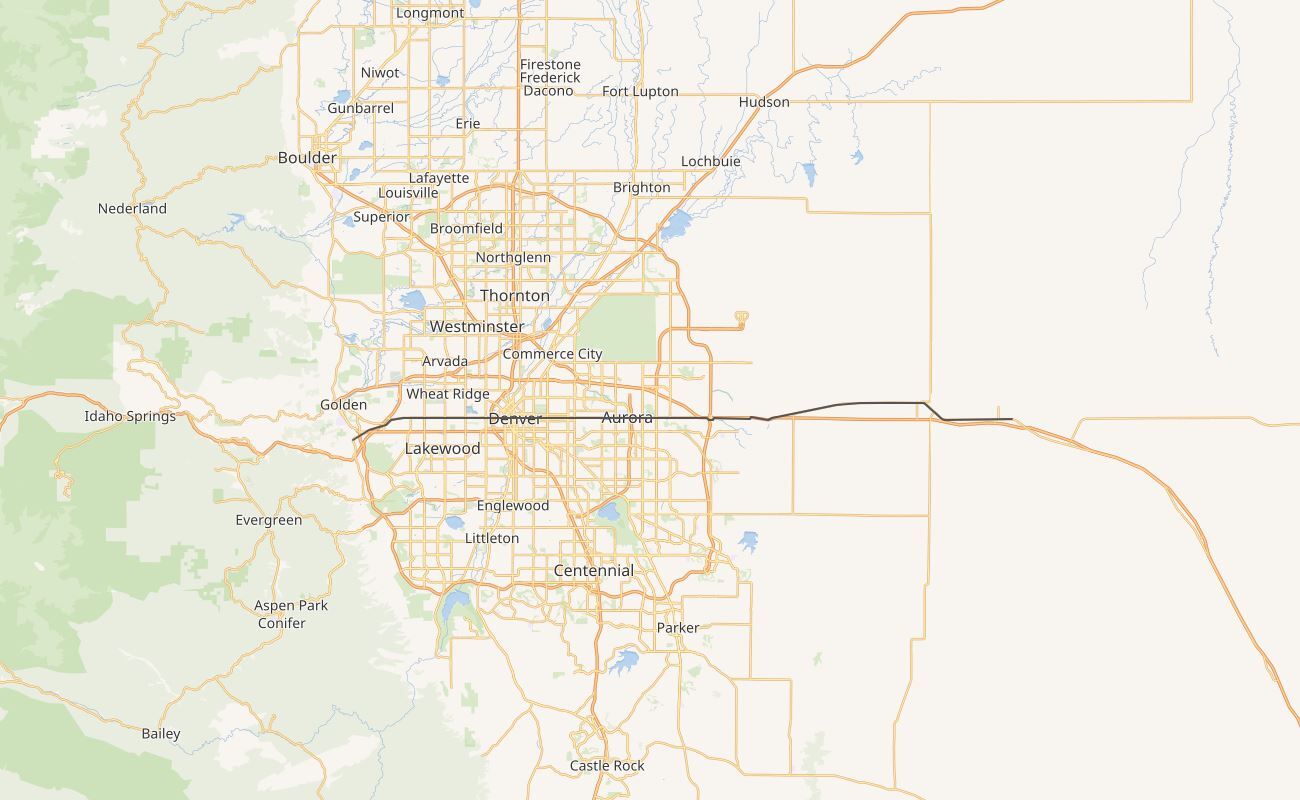
(c) openstreetmap.org
Educational Resources
To learn more about the history and culture of the East Colfax neighborhood, consider visiting these local institutions:
The Denver Public Library's Western History Collection - Offers an extensive archive of materials related to the history of Denver, including photographs, maps, and manuscripts.
The Aurora History Museum & Historic Sites - Provides exhibits, programs, and events that highlight the history of Aurora, which includes the eastern portion of East Colfax Avenue.
The History Colorado Center - Offers interactive exhibits, programs, and collections that tell the story of Colorado's past, including the development of Denver and its neighborhoods.
In Conclusion
The East Colfax neighborhood in Denver, Colorado, has experienced a rich and colorful history that reflects the city's own growth and development. From its humble beginnings as a dirt road to its golden age as a thriving urban center, East Colfax has witnessed change, adversity, and revitalization. Today, the neighborhood stands as a testament to the power of community engagement, celebrating its diverse culture, artistic expression, and historical significance. As East Colfax continues to evolve and flourish, it remains an important part of Denver's past, present, and future, inviting visitors and residents alike to explore its unique story and vibrant spirit.


